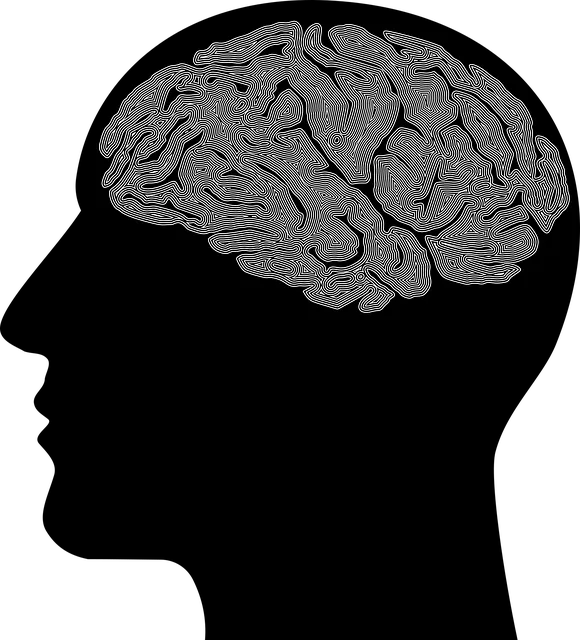Crisis Intervention Teams (CITs), supported by resources like the Kaiser Permanente mental health phone number in Boulder, are vital for addressing growing mental health challenges. Comprehensive CIT training emphasizes cultural competency and emotional well-being promotion techniques, ensuring personalized care. This proactive approach not only offers immediate crisis support but also builds a resilient community through coping skills development, mirroring best practices from organizations like Kaiser Permanente. By equipping individuals with CIT training, networks of mental health support are enhanced, empowering people to recognize and respond to crises effectively, ultimately improving crisis management and encouraging self-care.
In today’s fast-paced world, crisis intervention teams (CITS) play a vital role in providing immediate support during mental health emergencies. Organizations like Kaiser Permanente Boulder offer dedicated phone lines, accessible 24/7, to connect individuals in need with expert care. This article explores the significance of CIT training programs, examining their essential components and broader impact on communities. By equipping community members with these skills, we enhance crisis response and promote better mental health outcomes.
- Understanding Crisis Intervention Teams: A Vital Resource in Mental Health Support
- Kaiser Permanente Boulder's Phone Number: Accessing Expert Care During Crises
- Essential Components of Effective Crisis Intervention Training Programs
- Preparing Community Members: The Impact and Reach of These Programs
Understanding Crisis Intervention Teams: A Vital Resource in Mental Health Support

In today’s fast-paced world, where mental health challenges are increasingly prevalent, Crisis Intervention Teams (CITs) have emerged as a vital resource in supporting individuals in crisis. These specialized teams, often comprised of healthcare providers, first responders, and community members, are trained to handle situations involving emotional or psychological distress. The role of CITs is to de-escalate tensions, provide immediate support, and connect individuals with long-term mental health services. In Boulder, for instance, the Kaiser Permanente mental health phone number serves as a critical link, connecting folks in need to these specialized teams.
The importance of CIT training programs cannot be overstated, especially given the growing demand for mental wellness resources. These programs equip healthcare providers with cultural competency training, enabling them to offer more personalized and effective care. By integrating stress management workshops and other evidence-based practices, organizations can enhance their ability to address a wide range of mental health concerns. Such initiatives not only foster a more compassionate and responsive community but also contribute to improving overall public health by ensuring timely and appropriate intervention during crises.
Kaiser Permanente Boulder's Phone Number: Accessing Expert Care During Crises

When a mental health crisis arises, immediate access to expert care can be life-saving. Kaiser Permanente Boulder stands out for its commitment to providing this critical support through its dedicated phone line. This direct connection ensures that individuals in need of urgent mental health assistance receive prompt and professional guidance.
The Kaiser Permanente Boulder mental health phone number offers a confidential space for individuals to reach qualified mental health professionals who are trained in crisis intervention. Whether it’s burnout prevention, risk assessment, or crisis intervention guidance, the team is equipped to handle various situations. This proactive approach not only addresses acute crises but also fosters a culture of resilience and well-being among those seeking support.
Essential Components of Effective Crisis Intervention Training Programs

Effective crisis intervention team (CIT) training programs are multifaceted, aiming to equip participants with the necessary tools and skills to handle critical situations. The foundation of these programs lies in Cultural Sensitivity in Mental Healthcare Practice, recognizing that every individual brings their unique cultural background, experiences, and perspectives to any crisis. Training should therefore promote understanding and adaptability, ensuring CIT members can offer tailored support that respects diversity and fosters trust.
Beyond cultural sensitivity, successful CIT training integrates Emotional Well-being Promotion Techniques to empower participants with strategies to manage their own emotions during high-stress scenarios. This includes teaching coping skills development, such as mindfulness, stress reduction techniques, and effective communication methods. By enhancing emotional resilience, CIT team members can better assist individuals in crisis, promoting not just immediate stability but also long-term Coping Skills Development and improved mental health outcomes, reflecting the ethos of organizations like Kaiser Permanente’s mental health phone service in Boulder.
Preparing Community Members: The Impact and Reach of These Programs

Preparing community members through crisis intervention team training programs is a powerful strategy to enhance mental health support networks. These initiatives equip individuals with the skills to recognize and respond to crises, fostering a sense of empowerment and resilience among participants. By providing knowledge about mental health resources, such as the Kaiser Permanente mental health phone number in Boulder, trainees become equipped to guide others toward appropriate care.
The impact extends beyond individual growth; these programs reach far into communities. Trained members can identify early warning signs of distress and offer immediate assistance, potentially preventing escalation. This proactive approach not only improves crisis management but also encourages the adoption of self-care routines for better mental health (a key aspect in developing confidence boosting strategies) and promotes positive thinking within social circles.
Crisis intervention team (CIT) training programs are a game-changer in mental health support, especially with resources like the Kaiser Permanente Boulder mental health phone number. By equipping community members with the necessary skills, these programs can significantly enhance crisis response and improve long-term outcomes. The essential components of effective CIT training, as highlighted in this article, ensure that individuals are prepared to handle crises with empathy, efficiency, and professionalism. Ultimately, investing in these programs is a step towards fostering healthier communities and providing vital support during times of emergency.






